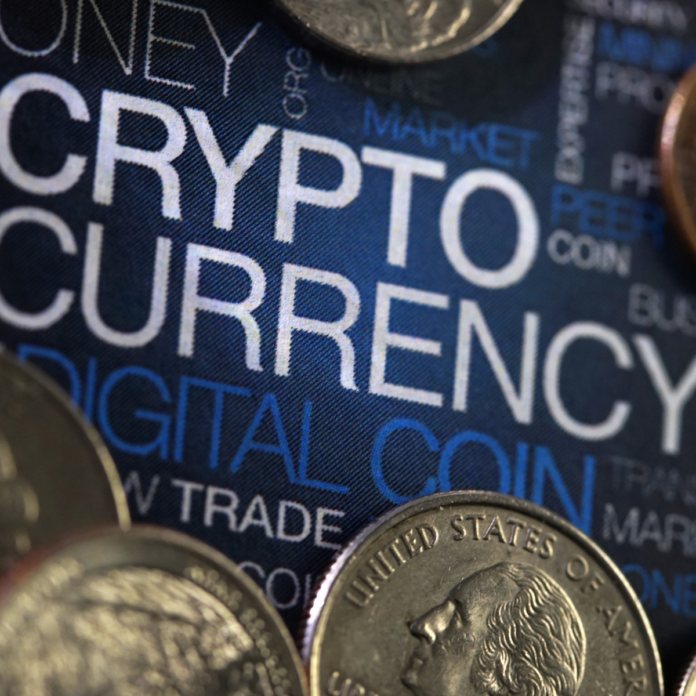At times, it still feels like a newer domain but cryptocurrency has been in existence as a unit of the global financial order for over 15 years now. Rather, it’s been in use and operation since Satoshi Nakamoto – the unknown yet famous personality – published a white paper in 2008 titled “Bitcoin: A Peer-to-Peer Electronic Cash System.”
In the abstract outlining the need and purpose of such an unprecedented currency system, Nakamoto mentioned, “A purely peer-to-peer version of electronic cash would allow online payments to be sent directly from one party to another without going through a financial institution. Digital signatures can help solve certain issues, but they do not fully address the problem of double spending. Our solution to this problem uses a peer-to-peer network, eliminating the need for a trusted third party.
A couple of months later, in February of the following year, Nakamoto posted on the subject of “cryptocurrency” on the P2P Foundation. His post said, “I’ve developed a new open-source P2P e-cash system called Bitcoin. This system is decentralized, meaning there is no central server or trusted parties involved. Instead, it uses cryptographic proof to establish trust and ensure the integrity of the network. Give it a try or take a look at the screenshots and design paper.”
The person/persons behind the persona of Nakamoto had wanted the new cash system to be free of encumbrances that conventional monetary tenders brought along the way. And slowly but steadily, people started accepting and exploring this field of currency, so much so that in the last couple of years, it crested in a wave of huge proportions.
Terrorism Financing
Alongside the peaking of the cryptocurrency and Bitcoin wave, there’s also been undesirable growth that stems from this domain. And that’s been about the utilization and channelizing of these e-cash systems to fund and sponsor the sustenance and growth of terrorism. This phenomenon’s called “terrorism financing”.
The global order of governmental and international law-making organizations has cottoned on to this development. According to the UN’s Counter-Terrorism Committee Executive Directorate, there’s been a notable increase in the proportion of terrorist attacks funded through cryptocurrency.
In October 2022, the Directorate’s Svetlana Martynova cited, “Now we’re thinking that it may reach about 20%.” Martynova was comparing her department-procured statistics of the growth of terrorism funding raised through crypto. In recent years, as per the UN’s documentation, terrorism financing through cryptocurrency went up to 20% from around 5%, which, according to Martynova, has become a huge cause of concern and needs to be addressed.
Quoted by CoinDesk, Martynova said, “With regards to moving funds, experts agree that cash and other time transfers remain the prevalent methods used by terrorists… (but) there was also an increase in their use in combination with new payment methods.” She further mentioned, “Blockchains, cryptocurrencies and crowdfunding sometimes pose a complex money trail for financial investigators to follow. Some of these products allow users to make anonymous cross-border fund transfers.”
Suffice it to say, then, the very uniqueness of Bitcoin and cryptocurrency – the absence of financial institutions – have become the factors threatening to jeopardize an already precarious world further.
Countering Financing of Terrorism (CFT)
Ergo, the need for the presence and augmentation of Countering Financing of Terrorism (CFT) makes it imperative to have checks and balances to ensure that there’s no misuse and unlawful diversion of cryptocurrency and Bitcoin.
In November 2022, the “No Money For Terror” conference was held in New Delhi. Delegates from 87 countries and 26 global organizations were invited to the conference, whose primary objective was to share know-how on how to tackle this menace greeting the world at large.
Although it was held in India for the first time, this was the third meeting since it was first imagined as a concept in 2018. The credit for the same goes to France and its governmental body, TRACFIN. Known as the Traitement du renseignement et action contre les circuits financiers clandestins, TRACFIN’s part of the French finance ministry that oversees punitive action against crimes such as financial fraud, money laundering, and financing of terrorism activities.
Beyond Conferences
Regardless of events such as “No Money For Terror”, there’s a lot more that needs to be put in place to ensure that the myriad forms of cryptocurrency are regulated. But such regulations, according to Martynova, cannot be generalized but need to emerge after ascertaining other variables of the real world, too.
In her words, it’s necessary to evaluate “the exact nature of the threat” even as the regulations need to be “risk-based, outcome-based, proportional and human-rights law compliant.”


